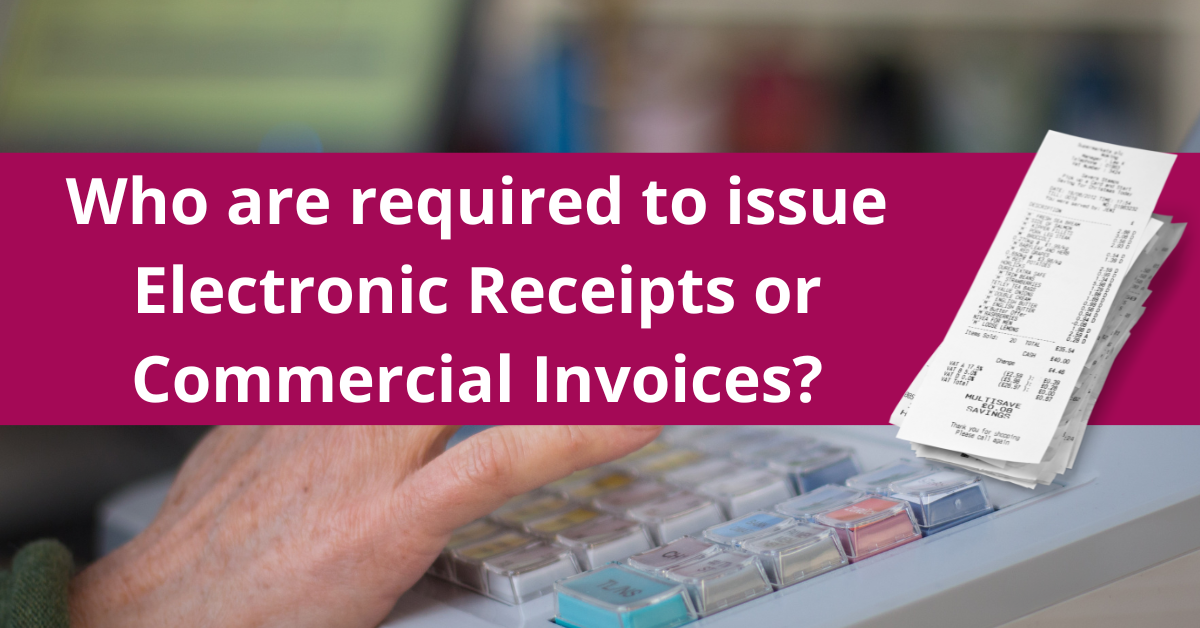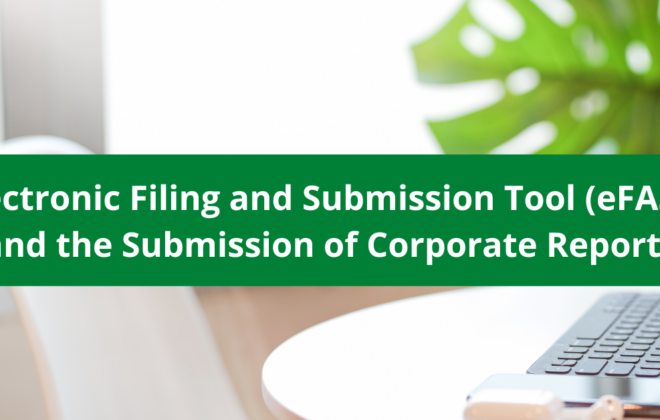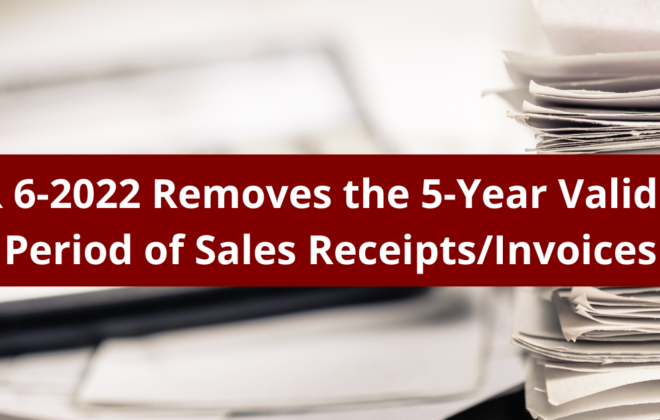Who are required to issue Electronic Receipts or Commercial Invoices?
Do you know that you only issue or ask for a BIR-registered receipt or sales invoice for transactions involving P100.00 or more? Thus, for your next sales transaction, ensure that you give or get the receipt or invoice accordingly.
As a registered taxpayer, you must ensure that correct taxes go to the government to finance more projects and services for Filipinos.
Recently, BIR issued Revenue Regulations (RR) 8-2022, which requires selected business industries to give electronic receipts or sales invoices instead of manual documents.
BIR also requires the electronic transmission of these sales data to the bureau.
Who is required to issue electronic receipts or invoices?
Registered taxpayers in the following business categories are mandated to issue an electronic receipt or invoice:
- Export of goods and services;
- Electronic Commerce (e-commerce)
- Large Taxpayers Service (LTS)
Electronic Reporting of Sales Data
Except for e-commerce taxpayers, all the other business types, as enumerated above, are required to submit their sale data to the bureau through an online tool – the Sales Data Transmission System (SDTS).
Other taxpayers not covered by the new ruling may observe the new invoicing system, including the electronic reporting of sales transactions.
Enrollment and Certification
Taxpayers should observe the following procedure to comply with the latest regulation:
- Taxpayers must develop a Sales Data Transmission System (SDTS) following the Standard Application Programming Interface (“API”) Guidelines;
- All covered taxpayers authorized to use the Electronic Invoicing/Receipting System (EIS) must enroll in the system for security reasons;
- Registered taxpayers shall secure a BIR certification that the SDTS is BIR-compliant. BIR must issue an “EIS CERT’ to the taxpayers who follow the required standard guidelines;
- Taxpayers must apply for the issuance of a Permit to Transmit (“PTT”) to allow transmission of sales data to the EIS;
- All registered taxpayers must report their sales transactions electronically on the day following the issuance of the PTT. On the succeeding sales transactions, taxpayers must transmit the data in real time or within three calendar days from transaction date;
- BIR will impose a penalty for delayed or no transmission of sales data to EIS.
Be Digital-Ready
We should expect that our BIR transactions will shift to digital/electronic means in the years to come. Keeping up with the fast-changing government policies is a must to avoid penalties and unnecessary expenses.
For businesses without professional accounting experts, dealing with new BIR policies can be challenging. Thus, we are happy to share that outsourcing your accounting service is now an option. In this way, experts can help you with your accounting and bookkeeping concerns so, you can simply focus on more important tasks such as growing your business.
Is tax compliance also an issue for you? We can help you straighten up your financial records and pay your taxes correctly. Just send us an email at info@djkaaccounting.com
Recent Posts
- How to Process the Sworn Declaration Required by BIR for Electronic Marketplace Sellers
- Understanding Tax Compliance for e-Marketplace Businesses
- Who Needs to Submit GIS to the SEC?
- Understanding these Financial Ratios for Business Decision-Making Purposes
- What you Should Know about the Ease of Paying Taxes Act





